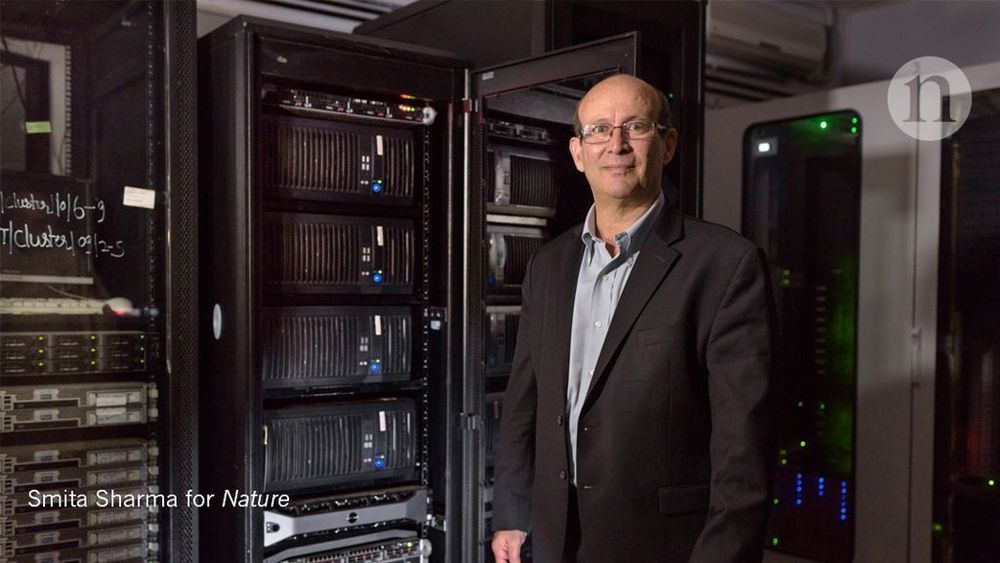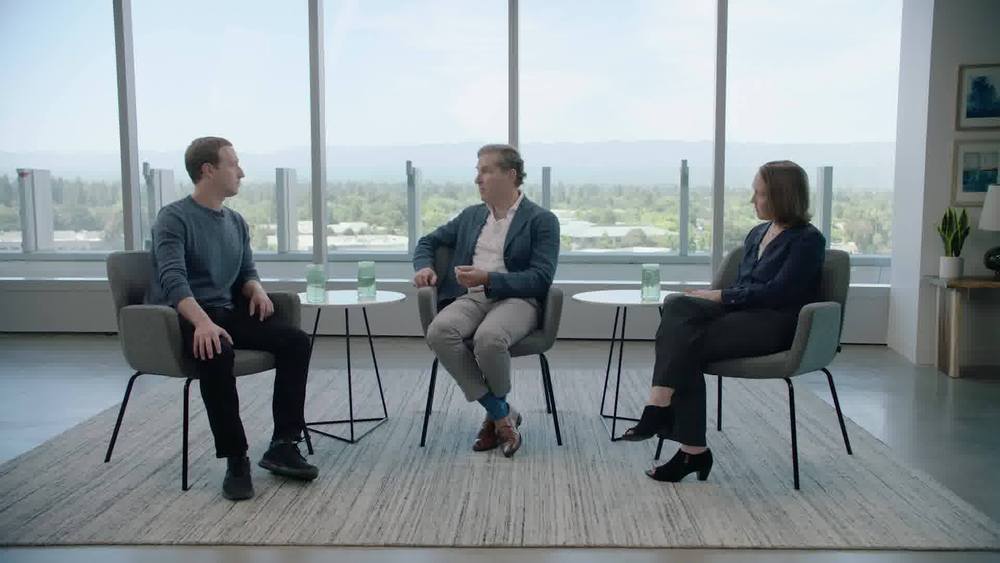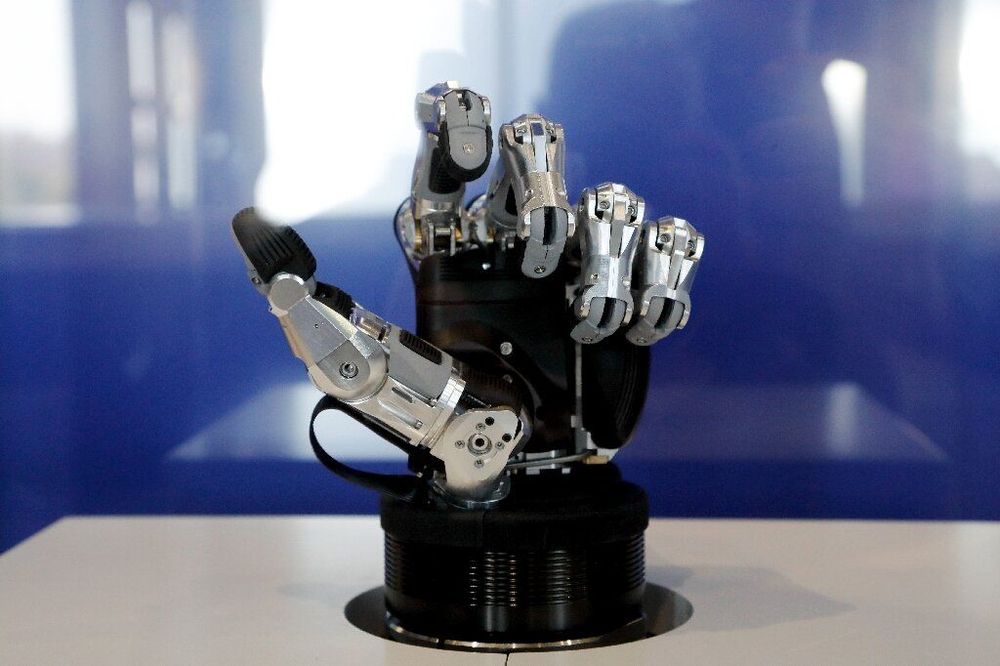This paper analyses the evolution of the institution of patent by examining the normative meaning of business method patents. A business method is defined as a process of converting abstract data to useful information, to be applied in business activities. A business method patent is a patent whose claims are directed to a business method, regardless of the claim format. In recent years, the patenting of business methods in the US, Japan and in Europe has generated a global claim of controversy. Business method patenting is often seen as an example of subject matter expansion, by which process the institution of patent accommodates challenges brought forth by the increased quantity of potential subject matter. As the subject matter expansion begs the question of what is the proper boundary of the patent law, this paper attempts to answer this question by examining relevant statutes and cases, the administrative examination guidelines of the patent offices, and the claims of business method patents issued in Japan, the US and Europe. Specifically, the thesis questions whether business method patenting signifies something more than a mere accretion of a subject matter, and is a reconfiguration of patent eligible subject matter; and whether this can be justified with the instrumentalism. The paper suggests that to include business methods as a patent-eligible subject matter, courts and patent offices in the US, Japan and Europe have commonly redefined the meaning of invention of technology, from the context of physical instantiation, i.e., physical transformation, to the level of conceptual instantiation, i.e., useful information. Although they are varying in their extensiveness, as a result, the practical definitions of patent-eligible subject matter in all three regions, understood from the issued patents, court decisions and examination guidelines, reflects this change. This thesis argues that this could signify the reconfiguration of patent-eligible subject matter.
Read more







